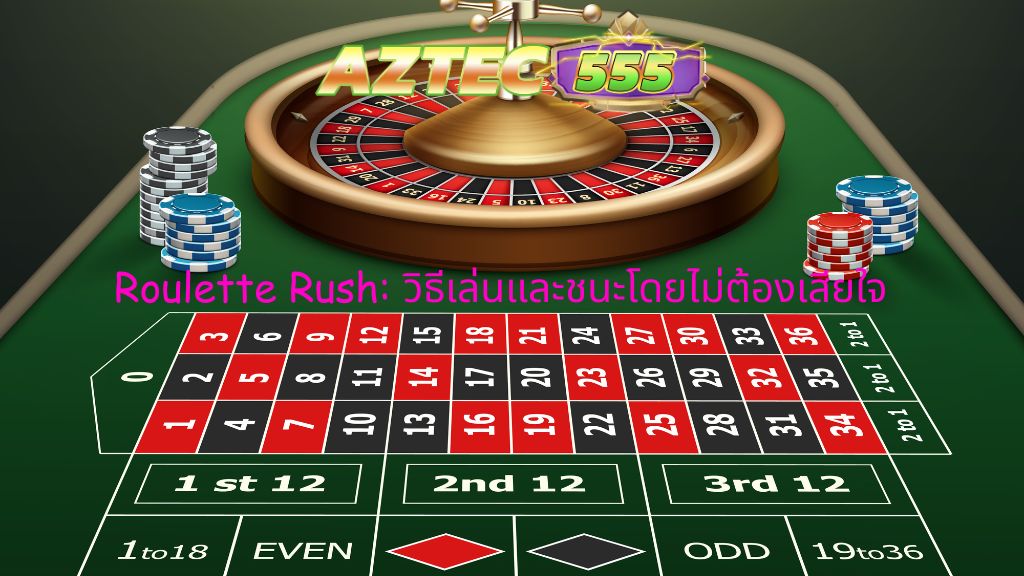When it comes to the dazzling world of casino games, few titles carry the mystique and allure quite like roulette. The spinning wheel, the clinking of chips, and the thrill of watching the ball bounce before landing — it’s all part of the timeless charm that keeps players coming back for more. But beyond the glitz lies a game of structure, statistics, and smart decisions.
This article will walk you through how to enjoy this iconic game while minimizing losses and maximizing enjoyment. Whether you’re at a buzzing Vegas floor or playing online in your pajamas, there are strategies to help you play wisely and walk away without regret.
Understanding the Basics
At its core, the game is simple: you predict where a small ball will land after being spun on a numbered wheel. The wheel is divided into either 37 or 38 slots depending on the version—European roulette has 37 (0–36), while American roulette adds a double zero (00), making it slightly riskier due to the higher house edge.
Players can place bets on individual numbers, groups of numbers, colors (red or black), or whether the number will be odd or even. The odds and payouts vary based on how specific your prediction is. A single number bet offers the highest payout—35 to 1—but with the lowest probability of success.
The Psychology of Playing Smart
Many gamblers fall into the trap of chasing losses or playing emotionally. The secret to walking away from the table satisfied is knowing your limits and understanding how the game is structured. Roulette is a game of chance, and every spin is independent. No sequence or pattern can predict the next result with certainty.
Establish a budget before you begin, and stick to it. The money you bring to the table should be viewed as payment for entertainment, not an investment. If you win—great. If you lose, you’ve already accounted for it.
Strategies to Consider
While there’s no way to beat the wheel long-term, there are popular betting systems that some players use to manage their bankroll and play style. Here are a few:
1. The Martingale Strategy
This method involves doubling your bet after each loss, aiming to recover losses with one win. It’s risky, especially if you’re on a losing streak, but it remains popular due to its simplicity.
2. The Reverse Martingale
Here, you increase your bet after wins and decrease after losses. It capitalizes on hot streaks while minimizing losses during cold ones.
3. The D’Alembert System
This is a more conservative approach. After a loss, you increase your next bet by one unit. After a win, you decrease it by one. It’s ideal for those who want a slower, more measured play style.
Each of these systems comes with pros and cons, but none guarantee success. They’re best used to shape your game behavior rather than deliver consistent profit.
Mastering the Roulette Table
When you walk up to the table, don’t rush. Take time to observe. Look for tables with favorable rules—European wheels are statistically better for players due to the absence of the double zero. Also, avoid the temptation to play multiple bets at once unless you’re confident in your system.
Online platforms often offer lower table minimums, which makes them great for practicing strategy without breaking the bank. Look for platforms that offer “demo” modes so you can get a feel for the game risk-free.
Know When to Walk Away
One of the most important elements of smart gameplay is knowing when to stop. It’s easy to get caught up in the highs and lows, but setting a win or loss limit ahead of time can help you avoid regret. If you’ve hit your goal, whether profit or time-based, step away and enjoy the rest of your day.
You’ll also benefit from tracking your sessions. Noting how much you played, won, or lost can give you a clearer picture of your overall experience and help you adjust your habits moving forward.
Final Thoughts: Play with Intention
Roulette is not about control—it’s about embracing unpredictability with awareness and balance. You won’t outwit the wheel, but you can outsmart impulsive behavior and poor decisions.
Focus on the experience, stay disciplined, and use strategy as a tool—not a crutch. With the right mindset, you’ll find that the real win isn’t just money—it’s the ability to walk away satisfied, no matter the outcome.



